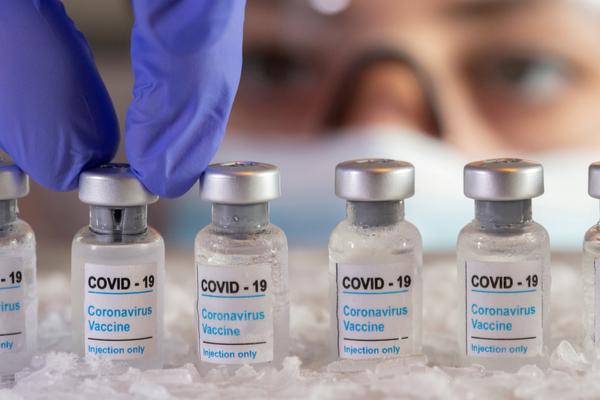Dec 9, 2020
As a COVID-19 vaccine gets closer to a public rollout, public health experts and policymakers in the United States are likely to encounter a big cultural barrier: Christian nationalism.
Read the Full Article

Already a subscriber? Login
